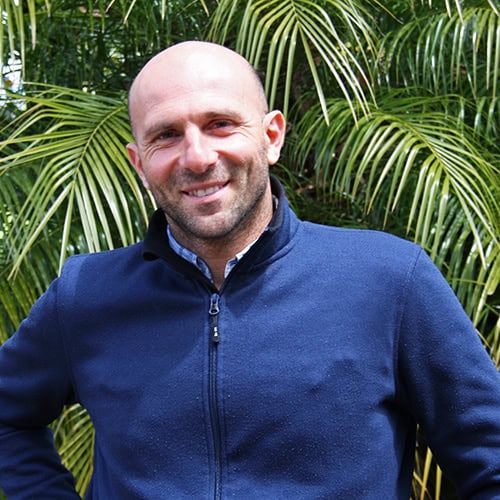
Getting informed about alcohol dependency
To begin with, it’s important to get informed about alcohol dependency to understand just why you or someone you love are turning to alcohol. Read our article to familiarise yourself with the symptoms of alcohol addiction.
How to get help with a drinking problem
Alcohol is so ingrained into Australian society and culture that those with a drinking problem may not even realise it, or maybe in denial. Whereas alcohol may have been a part of socialising for enjoyment, it now becomes a tool used to avoid issues, mask pain or suffering or relieve social anxiety. If you have recognised that you may have a drinking problem, this is a positive step forward in the right direction. It can take a huge amount of courage to take the first step in deciding you need treatment. The sooner you fully confront the issue, the sooner you can get help with a drinking problem and start out on the road to recovery.
Whatever treatment route you choose, support is crucial. The quickest way to get help is to voice your concerns with a trusted friend, family member, or health professional.
But in order to embrace either a healthy relationship with alcohol and/or an alcohol-free life, you need to face the underlying causes behind your alcohol dependency, which means learning healthier coping strategies. At Palladium Private, we enable people to firstly to be aware of and then understand their underlying issues. Secondly, we provide and help entrench coping mechanisms that the person can apply instead of utilising alcohol to cope with. As the person goes through life and is faced with adversity, they are equipped with new methods to help overcome any pain or suffering, without needing to turn to alcohol to cope.
How to get help for loved ones with a drinking problem
As alcohol is such an accepted and natural way to socialise, many alcoholics mask their symptoms and rationalise potential harmful behaviours. It can be particularly difficult trying to confront someone with alcohol dependency, but the best place to start is by having an open, honest conversation.
Approach your loved one when they are sober and in a stable, calm state of mind. Always reassure the person that they are loved by friends and family. Rather than accusing them or becoming threatening, try to voice your concerns from a place of love, and remain calm at all times.
Mention that you may be worried about them as you believe that drinking may be playing too big of a role in their lives. Try to have specific examples on hand of when drinking may have interfered with their lives including their work, or their relationships with friends and family.
You may not have success the first time you open up the conversation, but it’s important that the person feels loved and is aware that there is help available. Be aware of treatment options before your chat, so you can discuss them if needed. Ideally, you should explore treatment options and decide on what outcome you want to achieve from the discussion before you begin.

What does an effective treatment plan look like?
At Palladium Private, we arm alcohol dependants will the tools to better manage with stressors in their lives, making them less likely to turn to alcohol. We provide a set of coping mechanisms that can be used to break the cycle of dependence permanently.
We cannot change what happens to you in life, but we can teach you how to respond to events in a healthy way, which will cut off negative cycles of behaviour like alcohol dependency.
Our programs offer treatments that create long-lasting changes because our therapies go right to the root of the problem.
To find out more about our treatments and to get help with a drinking problem, contact us today to get started on the road to recovery.
Emanuele Latino
Program Director & Psychologist

Emanuele has a compassionate approach to clients’ struggles, in order to promote awareness and initiate together the transformative process. His treatment approaches range from Gestalt, Emotionally Focused Therapy, Dialectical and Cognitive Behaviour Therapy, EMDR, ACT, Neuropsychotherapy, Sensorymotor Psychotherapy and Cape Cod Model for Couple Therapy.



